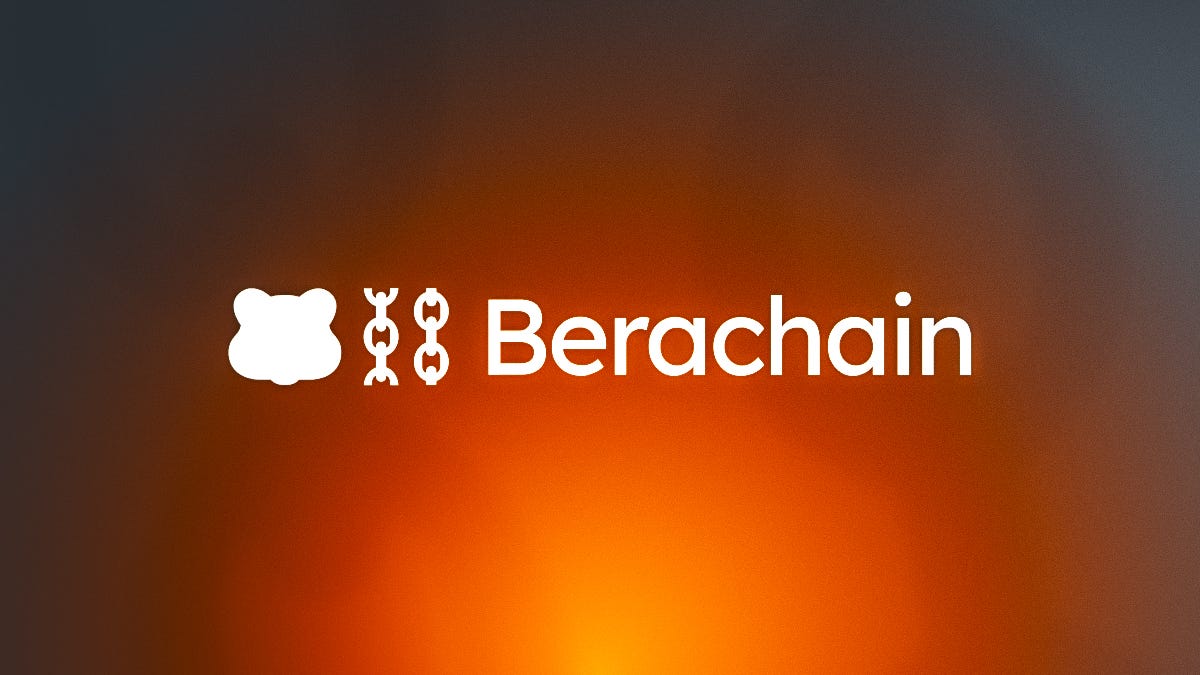The Artificial Super Intelligence (ASI) alliance has called for decentralizing cloud infrastructure for artificial general intelligence. According to the Alliance, consisting of three blockchain-based AI projects, building AI on a decentralized cloud is the only way to future-proof these technologies.
In an article published on X , the Alliance criticized centralized cloud services such as Microsoft Azure, Amazon Web Services, and Google Cloud as unsuitable for building AGI due to their various vulnerabilities.
Why AGI needs a decentralized cloud is important
AGI describes the next level of artificial intelligence advancement, where the AI has human-like intelligence. Though the concept remains largely theoretical, tech giants and AI startups are already investing billions. The ASI Alliance, however, believes these companies are going about it the wrong way.
The Alliance advocated using decentralized cloud infrastructure for such projects, noting that this would democratize access to and control over data and services. Using a decentralized technology stack, developers would eliminate concerns about data distribution, resources, and control.
It wrote:
“AGI should be leveraging a decentralized cloud model that distributes data and governance across a network of nodes, each storing only a fragment of the data. This distribution makes its entire infrastructure infinitely more democratic.”
Meanwhile, the ASI members also observed that building AGI on a centralized cloud poses a great risk due to a single point of failure and control. They noted that a bad actor could gain control of AGI technologies through a breach, wreaking untold havoc.
See also Ethereum no longer a source of income as Layer 1 network
The Alliance also noted that decentralizing cloud infrastructure aligns with a global shift towards democratizing digital services. This approach would foster innovation, allowing smaller companies to compete with tech giants dominating the cloud space.
Stakeholders call for decentralized AI through blockchain technology
ASI’s concerns about the centralization of AI align with the views of several stakeholders, including Ethereum co-founder Vitalik Buterin. In his essay calling for decentralized effective accelerationism, Buterin highlighted the multiple risks of AI advancements, particularly when few people control the technology.
Considering these risks, many AI projects are now building on blockchain technology to capitalize on its decentralization. Projects that have gone this route include the open-source AI agent network Morpheus, the Nesa blockchain, the Render Network, and the Internet Computer Protocol, among others.
While most of these projects are still early, industry insiders believe decentralized AI is inevitable. According to Dominic Williams, founder of the DFinity Foundation, the interrogation of AI and blockchain is crucial for launching the next stage of AI developments, as it would solve many of the existing problems and open new frontiers.
Calanthia Mei, the co-founder of Masa Network, also shares a similar view. She considers decentralized AI the solution for the current issue of biases in AI algorithms, adding that centralized systems only amplify these biases.
See also Russia says its response to US sanctions will make ‘everyone shudder’




